It is already solved questions and this match the following question is related with authors and their idea which were asked in previous paper of UGC-NET exams (Journalism and Mass Communication). It contains authors like Roland Barthes, Stuart Hall, John Fiske, F parkin and their ideas on Anchorage, Negotiated Code, Communication test and Radical system. Match the following question with short explanation is designed in order to make you understand better. So that you do not need to go to other places for search.
Match the following Series-3
| S. no. | Authors | Idea |
| 1. | Roland Barthes | Anchorage |
| 2. | Stuart Hall | Negotiated Code |
| 3. | John Fiske | Communication test |
| 4. | F Parkin | Radical System |
Explanations
Roland Barthes’s Anchorage and Relay
- ‘Anchorage’ is a process of applying text in sort of a label type of way to an image. So the text fixes the meaning of an image. Think of an anchor holding the meaning1.
- ‘Relay’ is the reciprocal relation between text and picture or between a picture and another in that each contributes its own part of the overall message. Barthes used the term relay to describe text/image relationship which was ‘complementary’ instancing cartoons, comic strips and narrative films2.
- The principal function of anchorage is ideological: the text directs the reader through the signifieds of the image (towards a meaning chosen in advance). In RELAY the text and the image are in a complementary relationship3.
Stuart Hall
Hall claims that reader of media text can identify ideology from three different position or reading.
- Preferred Reading/Dominant Position– This is seen when audiences respond to product the way media producers want/expect them to means reader interpret and decode the message exactly the way it was encoded.
- Negotiated Reading/Position- When a member of the audience partly agrees with part of the product is known as Negotiated Reading means this position is a mixture of accepting and rejecting ideologies in the text. For example- Film, documentary, TV programmes.
- Oppositional Reading/position– This is when the audience are in complete disagreement with the product’s or setting means reader understand the literal meaning but form their own ideological interpretations. The reader’s beliefs are directly oppositional in relation to the dominant code and although they understand the intended meaning, they do not share the text ideology4.
John Fiske
- John Fiske is a media scholar who has taught around the world and popularized European evolutionary theory in United States. His area of interest includes cultural studies, popular culture, and media semiotics and television studies5.
- His famous books are Power Plays, Power Works, Understanding Popular culture, Reading the popular, and Television culture.
- John Fiske disagrees with the theory that mass audience consumes the products that are offered to them without thought. He instead suggests “which assumes with various social backgrounds and identifies enabling them to receive texts differently5.
F Parkin
- Frank Parkin was a British sociologist and novelist.
- In Sociology, Frank Parkin is best known for his contribution to the theory of social closure, most fully laid out in his Marxism and class theory: A bourgeois critique. He attacks the Marxists’ overemphasis on deep levels of structure, at the expense of social actors, and suggests a radical recasting of the theory of class and stratification6.
Reference
Kellyludwing
mat.ucsb.edu
wikipedia


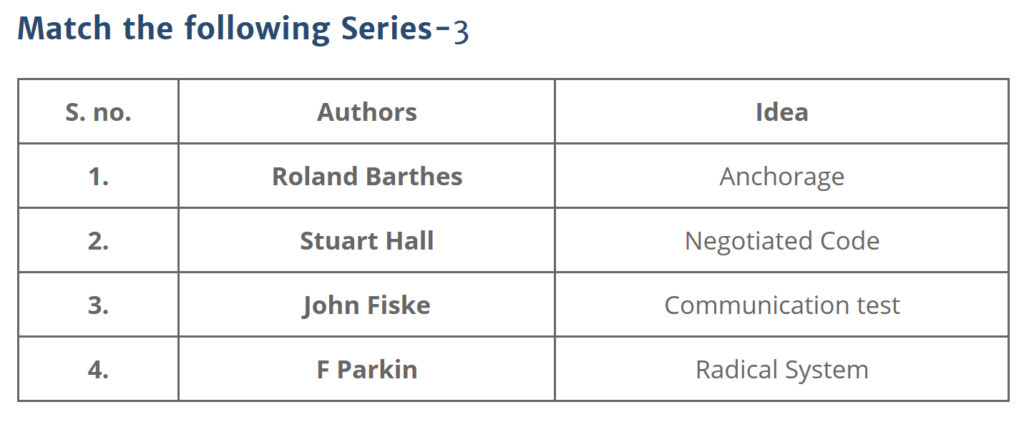






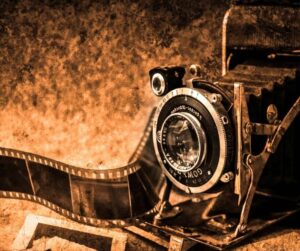
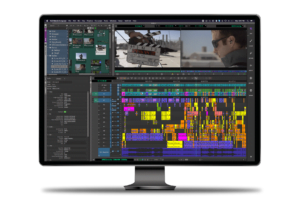
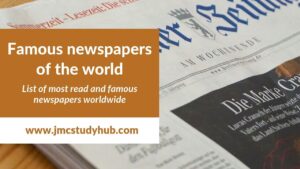

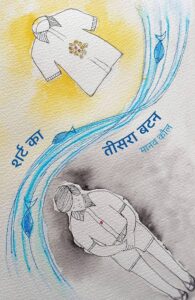

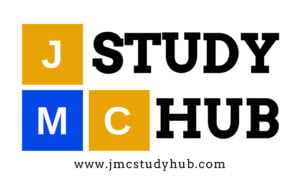
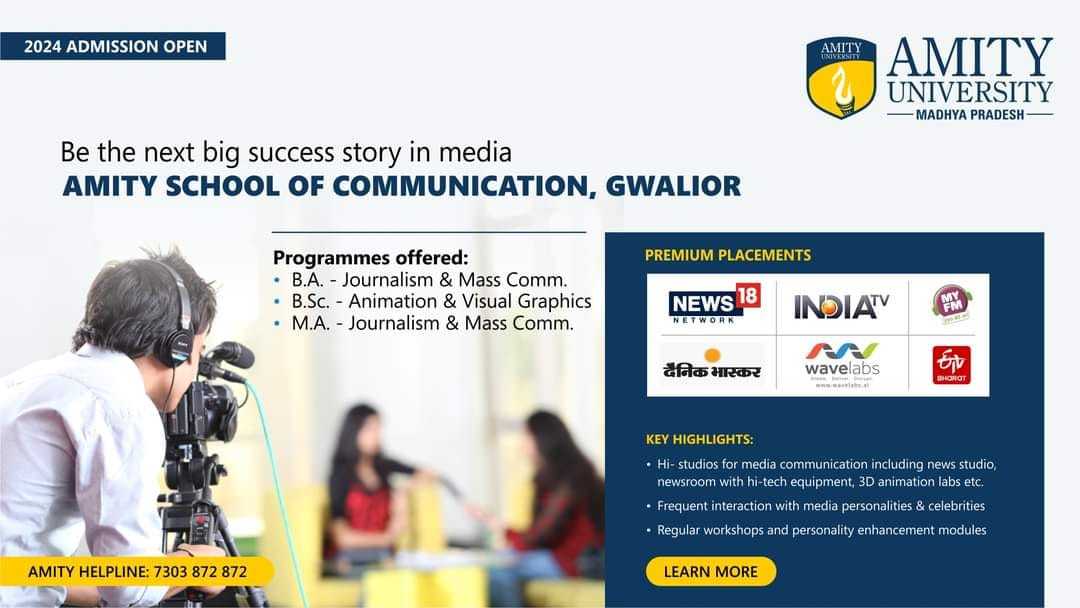
1 thought on “Match the following- Series 3- Mass Communication (Authors and Idea)”
Excellent